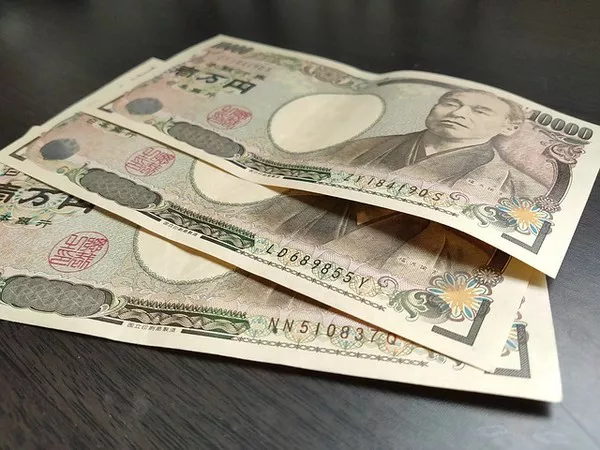The global economy is becoming increasingly interconnected, and individuals and businesses alike find themselves engaging in international transactions more frequently. When dealing with currencies such as the Japanese Yen, securing the best exchange rate becomes paramount to ensure cost-effectiveness and optimal financial outcomes. In this article, we will explore the factors influencing exchange rates for the Japanese Yen and provide insights into strategies for obtaining the most favorable rates.
Understanding Exchange Rates:
Exchange rates represent the value of one currency relative to another and are subject to constant fluctuations due to various economic factors. The Japanese Yen, denoted as JPY, is no exception to this dynamic nature of currency markets. To navigate these fluctuations effectively, it is crucial to comprehend the primary determinants of exchange rates.
Factors Influencing Exchange Rates for the Japanese Yen
1. Economic Indicators:
Economic indicators play a significant role in influencing exchange rates. Key factors include GDP growth, employment rates, inflation, and interest rates. For the Japanese Yen, monitoring Japan’s economic indicators provides valuable insights into the currency’s strength or weakness.
2. Political Stability:
Political stability is a crucial factor affecting exchange rates. Countries with stable political environments often experience stronger currencies. Investors tend to favor currencies from politically stable nations, making them more attractive. Japan’s political stability contributes to the strength of the Japanese Yen.
3. Trade Balance:
Japan is known for its robust export-oriented economy. A positive trade balance, where exports exceed imports, can strengthen the Japanese Yen. Monitoring trade data and trends can help individuals and businesses anticipate changes in the Yen’s value.
4. Market Sentiment:
Currency markets are also influenced by market sentiment and speculation. News, geopolitical events, and economic reports can trigger fluctuations in exchange rates. Staying informed about global events helps individuals and businesses make informed decisions regarding their currency transactions.
Strategies for Securing the Best Exchange Rate:
Timing is Key:
Timing plays a crucial role in securing the best exchange rate for the Japanese Yen. Currency markets operate 24 hours a day, five days a week. Observing market trends and identifying favorable times to make transactions can lead to better rates.
Utilize Forward Contracts:
Forward contracts allow individuals and businesses to lock in a specific exchange rate for a future date. This can be advantageous for those looking to mitigate the impact of currency fluctuations on their finances. However, it’s essential to carefully assess the terms and conditions of forward contracts.
Comparison of Exchange Platforms:
Different financial institutions and online platforms offer currency exchange services. Comparing rates across various providers is essential to identify the most competitive options. Online tools and platforms can facilitate this process, allowing users to compare rates in real-time.
Consider Online Currency Exchanges:
Online currency exchange platforms often provide competitive rates compared to traditional banks. These platforms leverage technology to minimize overhead costs, passing the savings on to customers. However, it’s crucial to choose reputable and secure platforms to ensure the safety of transactions.
Monitor Economic Calendars:
Economic calendars provide information about upcoming economic events and announcements that can impact exchange rates. Keeping an eye on these calendars helps individuals and businesses plan their currency transactions around potential market-moving events.
Diversify Currency Holdings:
Diversifying currency holdings can provide a hedge against currency risk. While this strategy may not directly impact exchange rates, it helps mitigate the impact of unfavorable rate movements on overall financial portfolios.
See Also: Why JPY Is Falling Today?All You Need To Know
Conclusion:
Securing the best exchange rate for the Japanese Yen requires a combination of understanding the factors influencing currency fluctuations and employing strategic approaches to currency transactions. By staying informed about economic indicators, utilizing timing strategies, and exploring various exchange platforms, individuals and businesses can navigate the dynamic landscape of currency markets and optimize their financial outcomes. As the global economy continues to evolve, a proactive and informed approach to currency exchange becomes increasingly crucial for those engaging in international transactions involving the Japanese Yen.


